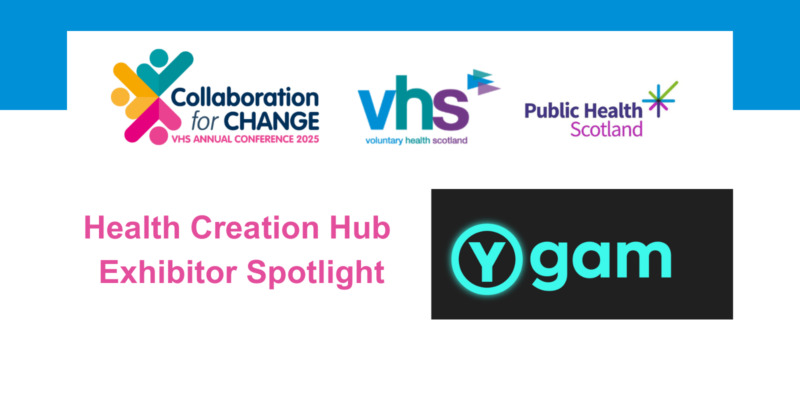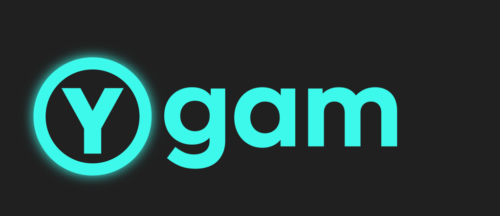
Ygam is the UK’s leading charity dedicated to preventing gaming and gambling harms among young people through awareness-raising, education, and research. Since its inception in 2014, Ygam has trained over 35,000 professionals working with children and young people, enabling the charity to reach an estimated 5 million children and young people across the country.
Gambling harms have been recognised as a public health concern by the NHS, and gambling disorder has become the first non-substance behavioural addiction to be classified in the Diagnostic and Statistical Manual of Mental Disorders (DSM-V). Research from Lund University in Sweden suggests that an individual experiencing gambling harm is 6x more likely to have suicidal thoughts and 15x more likely to attempt suicide. The National Institute for Health and Care Excellence (NICE) has issued new draft guidance stating that all patients should be routinely asked about their gambling behaviours as part of the broader mental health screening process, in the same way they are asked about drugs, alcohol, and smoking.
Ygam is working to raise greater awareness around gaming and gambling harms with professionals across the health and social care sectors (including those working within voluntary organisations), exploring the blurred lines between gaming and gambling, and the inclusion of gambling-like mechanisms, such as loot boxes, which can be found in many video games. Ygam recognise that the voluntary, community and social enterprise sector is an important partner for statutory health and social care agencies and plays a key role in improving health, well-being and care outcomes.
91% of UK children aged 3–15 play video games on some type of digital device, and the latest research from the Gambling Commission revealed 34% of young people aged 11-17 have paid for in-game items in video games with their own money or virtual currency, and more than 1-in-4 have spent their own money on gambling.
Gaming disorder is defined in the 11th Revision of the International Classification of Diseases (ICD-11) as a pattern of gaming behaviour characterised by impaired control over gaming, increasing priority given to gaming over other activities to the extent that gaming takes precedence over other interests and daily activities, and continuation or escalation of gaming despite the occurrence of negative consequences.
Ygam’s fully funded CPD certified Health & Social Care programme enables all participants to have meaningful conversations about gaming and gambling and be able to risk assess participation and know how to respond. An independent evaluation of the programme found that 97% of participants felt more confident discussing these issues, and 94% were better able to identify signs of harm. Notably, only 14.8% of practitioners reported good knowledge of gaming and gambling harms before the training – rising to 95.1% afterwards.
After completion of the training, delegates receive a resource pack to use in their practice, along with signposting information.
You can book a free online workshop here or contact Ygam by email to book a bespoke workshop for your team, or to find out more.
If you’re worried about your own or someone else’s gambling, the National Gambling Support Network provides free help and support, 24 hours a day, 7 days a week.
To contact Ygam on any of their services please visit their website here.
 We’re excited to have Ygam exhibiting in our Health Creation Hub at this year’s Annual Conference. Make sure to drop by and see their stall!
We’re excited to have Ygam exhibiting in our Health Creation Hub at this year’s Annual Conference. Make sure to drop by and see their stall!
